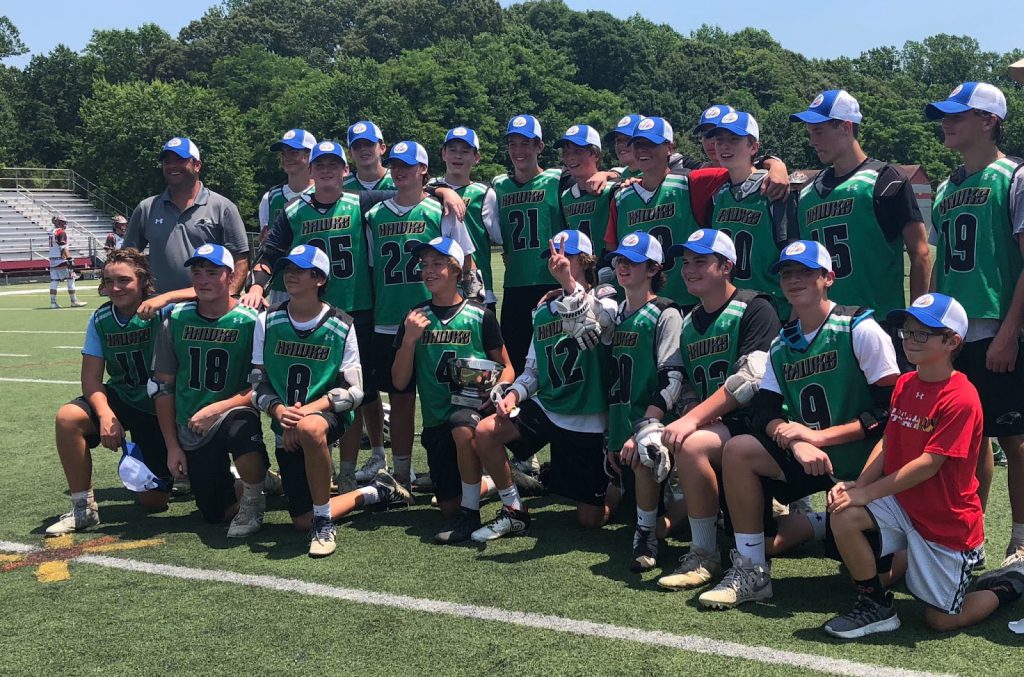Featured Image: Eddie McDonald | Courtesy
Voting, the foundation of political participation, has undergone numerous transformations throughout our nation’s 247 years of existence.
Under the Constitutional Convention, states had the freedom to decide who was allowed to vote and how their votes were allocated.
Across the next 105 years, a series of amendments expanded and enshrined voting rights in our nation’s foundational document.
The 14th Amendment gave all U.S. citizens the right to vote; the 15th Amendment extended citizenship, and thus voting rights, to African Americans; the 19th Amendment included women; the 24th Amendment prohibited poll taxes; and the 26th Amendment brought down the voting age from 21 to 18.
While “who” is eligible to vote has largely been dictated by constitutional amendments, “how” we vote is typically a product of cultural and political phenomena.
Reconstruction, World War I and II, Supreme Court Cases, etc., have all had an impact on how elections take place.
Absentee ballots have long been an important component of our election system.
Dating back to the Civil War, absentee ballots allowed men on the front lines to participate in the democracy they were defending.
However, nothing in recent memory has been more disruptive to the fabric of our society than the COVID-19 pandemic.
Coronavirus forced our nation to adapt to a socially distanced society; students learned via Zoom, supermarket shoppers placed mobile pick-up orders and a presidential election occurred through the mail.
Combine pandemic disruption with advancements in technology, and how we express our political will is, once again, being reassessed.
In 2020, 46% of Americans voted via absentee ballots. While that percentage has dropped with the ease of pandemic-time restrictions, absentee voting is significantly more popular after 2020 than it was before.
Despite the fact that many states have placed restrictions on mail-in ballots, I believe that they provide the best opportunity to increase political participation in our country.
I appreciate the accessibility they provide, and the opportunity to take the time to research every office and item at the kitchen table, rather than in the parking lot of my polling place.
However, certain challenges must first be addressed with absentee ballots.
First and foremost, a better verification system needs to be put in place.
At the moment, the only safeguard against mail-in voting fraud is signature comparison. The possibility exists that forged ballots could be counted at the same time that authentic ballots are invalidated, depending on the accuracy of the signature to the DMV database.
One solution is to require an in-person component, either at the beginning or the end of the process.
For example, ID verification could occur when picking up your mail-in ballot at a centralized location, such as a library, DMV or elementary school before being filled out and mailed in.
Alternatively, ID verification could occur when submitting your vote, with ballots being sent en masse to all eligible citizens.
The second option seems optimal to me. Local municipalities could automatically send absentee ballots to every citizen who is eligible to vote, coordinating election awareness campaigns with the day ballots appear in all the mailboxes.
Citizens would have time to sit down, research the candidates and issues, and fill out their ballot at their own convenience.
After completing the process, voters can submit their vote at a centralized location, where an election official can verify the identification of the voter with a picture ID.
Ideally, municipalities would offer drive-thru voting submissions, with a process similar to picking up a prescription at Walgreens.
Despite the political polarization of the issue, I feel like a wider adaptation of mailed-home ballots, combined with stronger absentee security measures, would not only increase voter turnout but increase political participation equitably and inclusively.
Eddie McDonald is a senior political science and earth and environmental science major. Eddie is the president of the Student Government Association. He spends his free time working at 17 Hands as a barista and can be contacted at eamcdonald@vwu.edu.
By: Eddie McDonald


